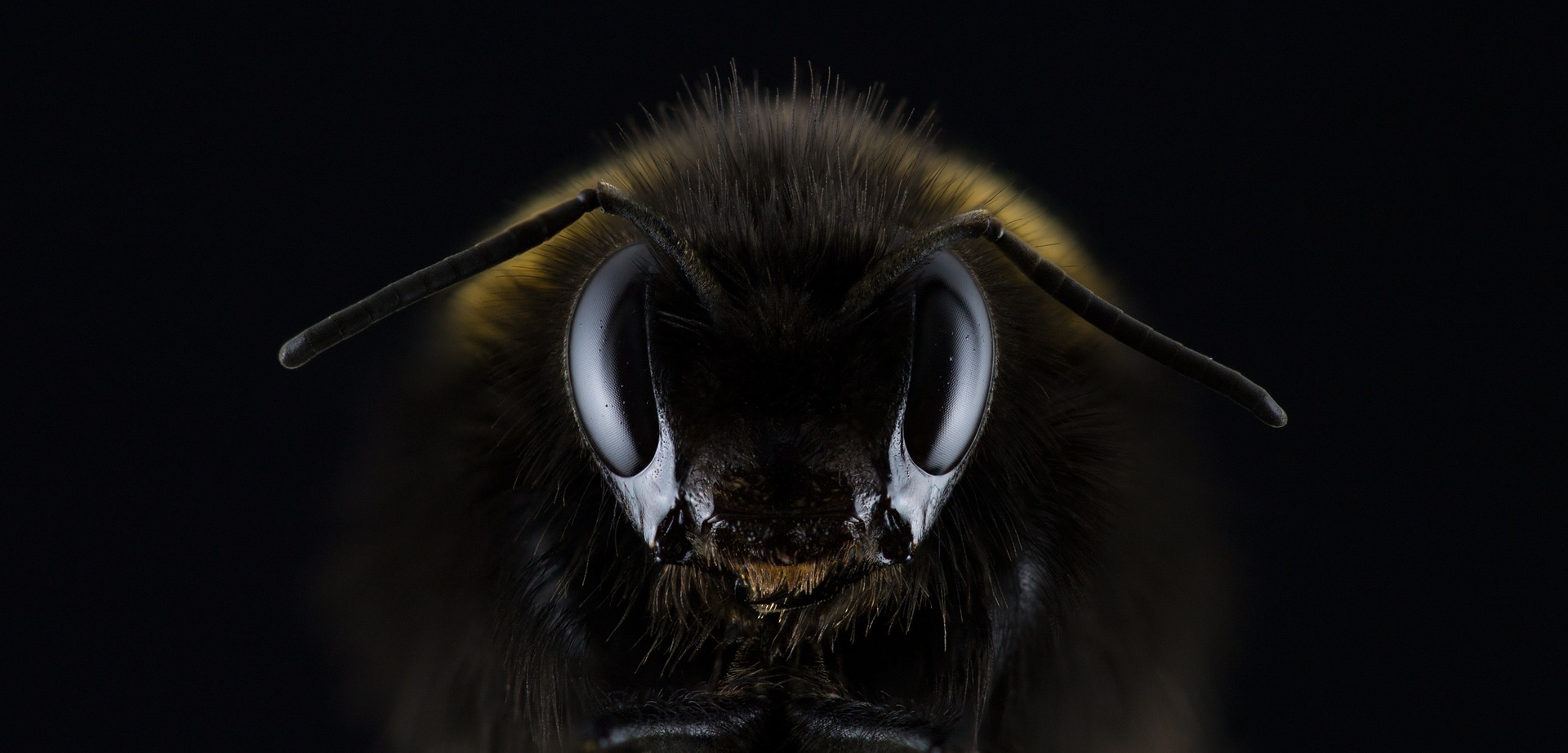DARPA’s Synthetic Biology Initiatives Could Militarize the Environment
By Todd Kuiken,
Slate
| 05. 03. 2017
Is that something we’re comfortable with?
Sure, the U.S. military has deployed the power of biology and nature before. For instance, the Navy trains dolphins to detect underwater mines. The Army Research Office studies life sciences to find new ways to better soldier protection and performance. And during the Vietnam War, the military experimented with weather manipulation.
In recent years, however, the military—mostly under the umbrella of the Defense Advanced Research Projects Agency—has created a new suite of programs that take a very different approach to harnessing the power of nature: synthetic biology. Among other initiatives, researchers at DARPA are attempting to engineer insects to deliver protective genes to plants; to transform bacteria and yeast into factories to produce on-demand chemicals and fuels; and to develop methods to reverse any threats posed by gene drives. (Gene drives are a mechanism, both natural and human-induced, that drives genetic traits through a population, in some instances to suppress a population.)
These programs represent a new and controversial approach to leveraging the natural world—one that, in essence, militarizes the environment. The...
Related Articles
By Scott Solomon, The MIT Press Reader | 02.12.2026
Chris Mason is a man in a hurry.
“Sometimes walking from the subway to the lab takes too long, so I’ll start running,” he told me over breakfast at a bistro near his home in Brooklyn on a crisp...
By Jonathan Matthews, GMWatch | 12.11.2025
In our first article in this series, we investigated the dark PR tactics that have accompanied Colossal Bioscience’s de-extinction disinformation campaign, in which transgenic cloned grey wolves have been showcased to the world as resurrected dire wolves – a...
By Katie Hunt, CNN | 07.30.2025
Scientists are exploring ways to mimic the origins of human life without two fundamental components: sperm and egg.
They are coaxing clusters of stem cells – programmable cells that can transform into many different specialized cell types – to form...
By John H. Evans, Craig Callender, Neal K. Devaraj, Farren J. Isaacs, and Gregory E. Kaebnick, Issues in Science and Technology | 07.04.2025
The controversy around a ban on “mirror life” should lead to a more nuanced public conversation about how to manage the benefits and risks of precursor biotechnologies.
About five years ago, the five of us formed a discussion group to...




